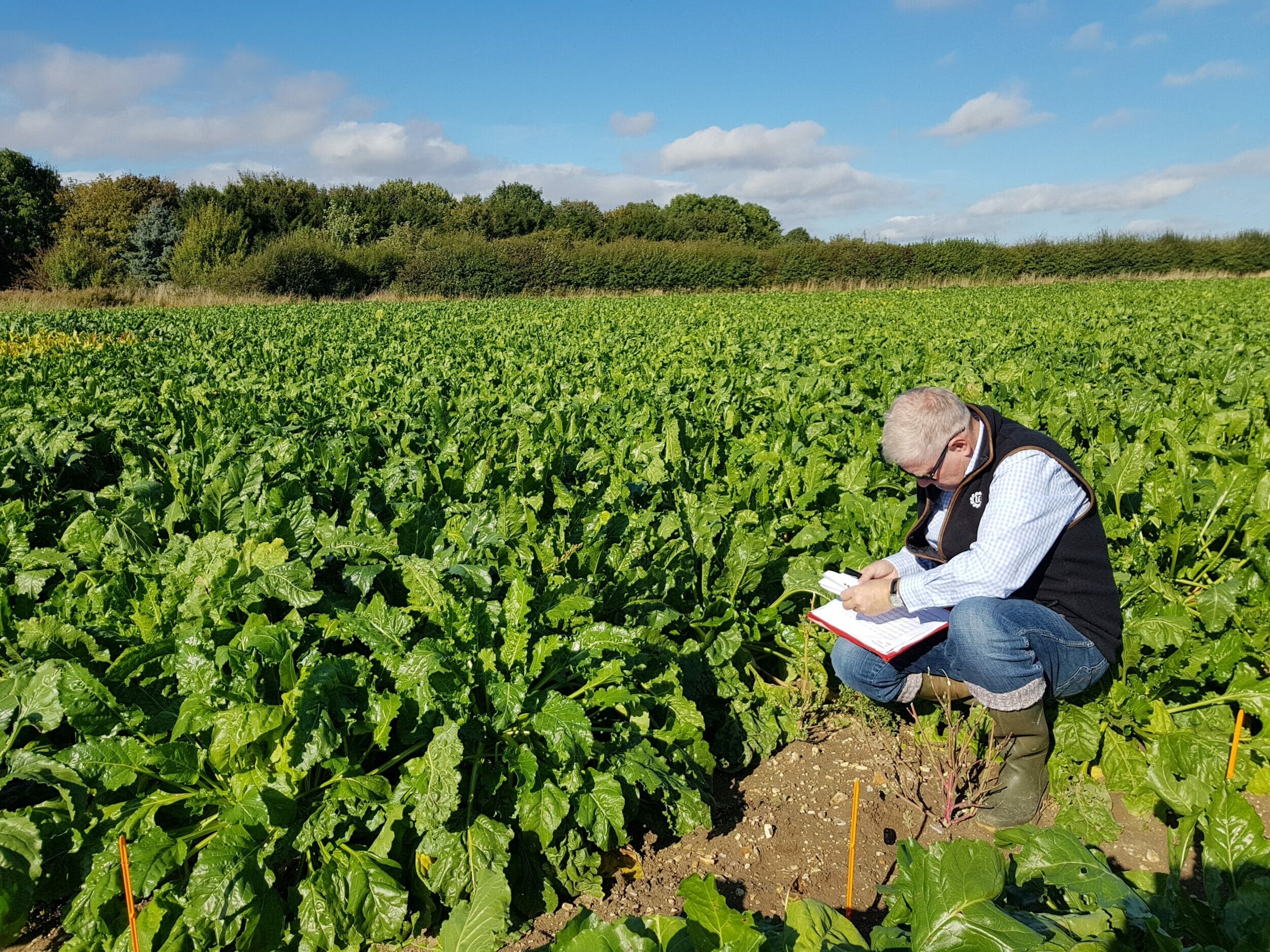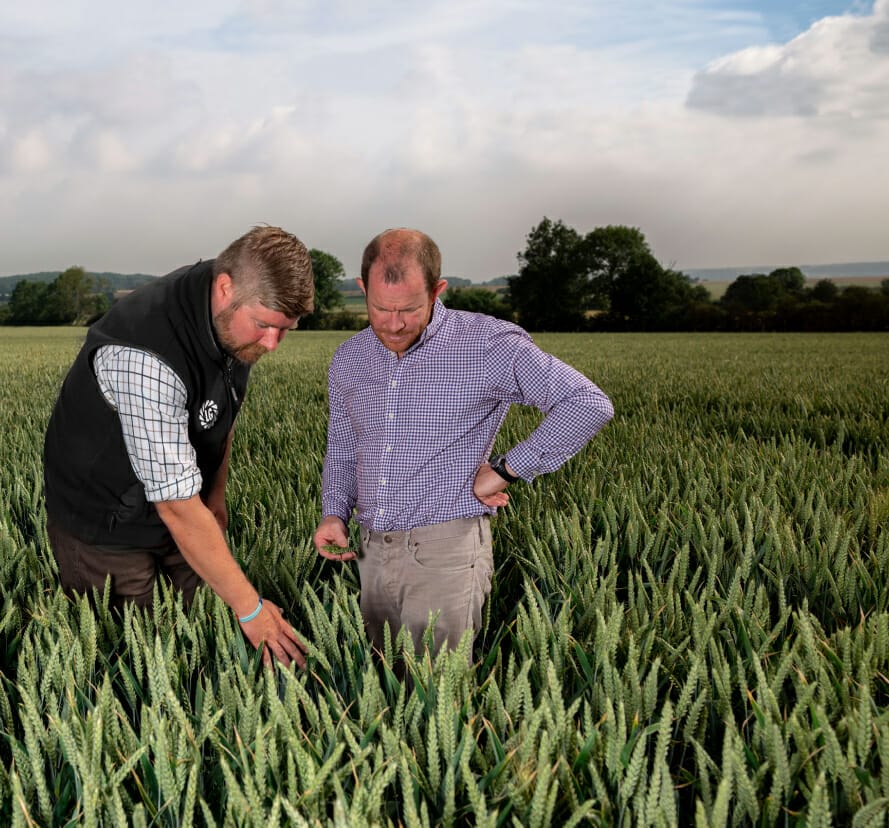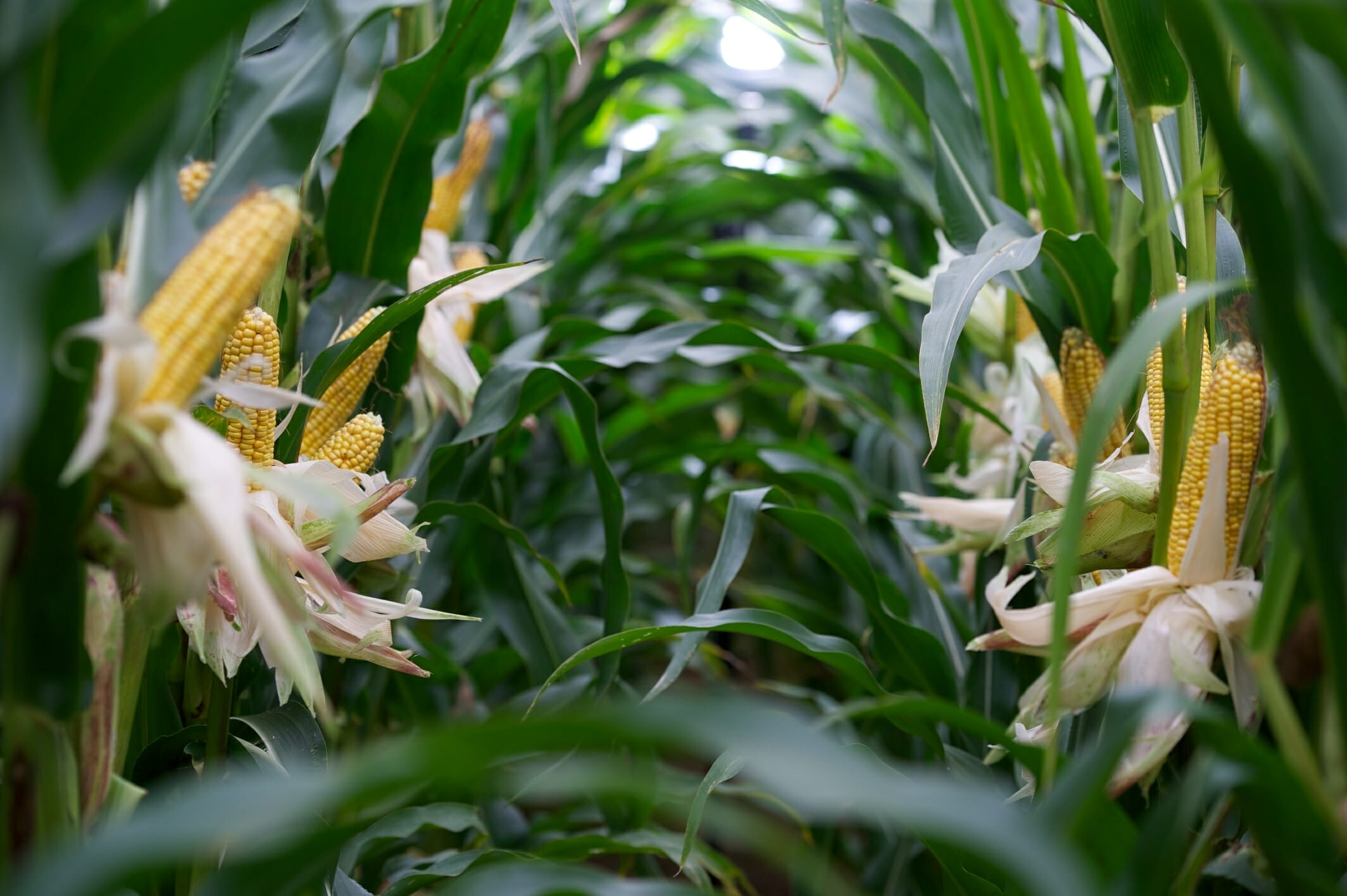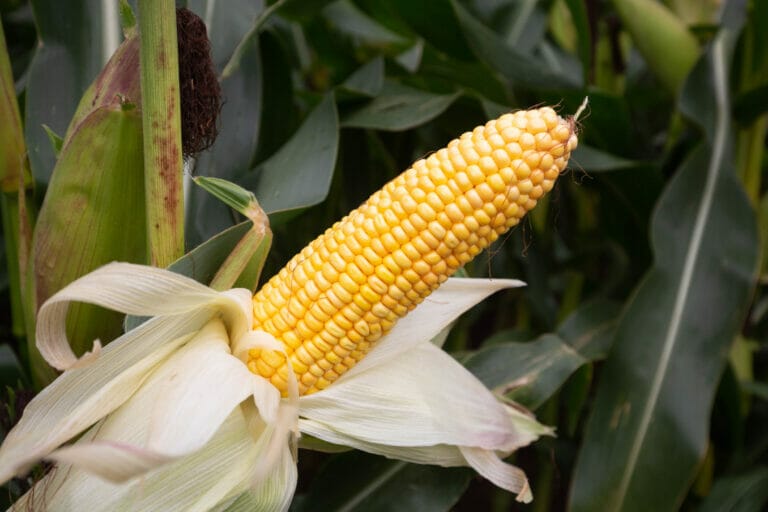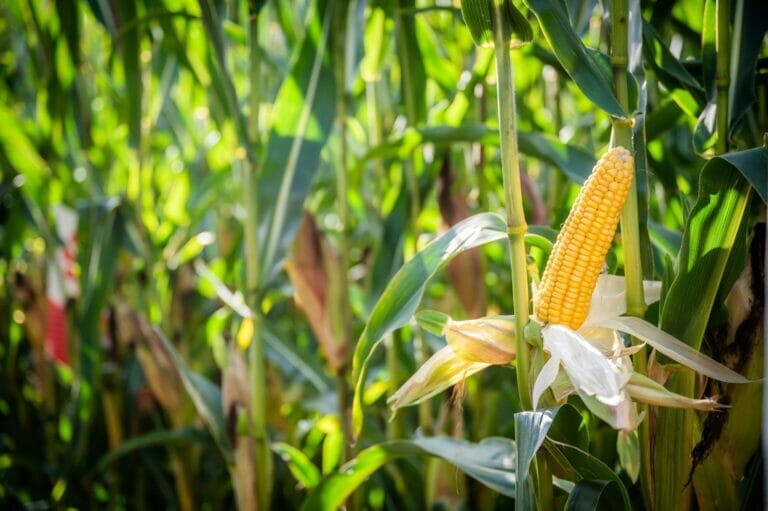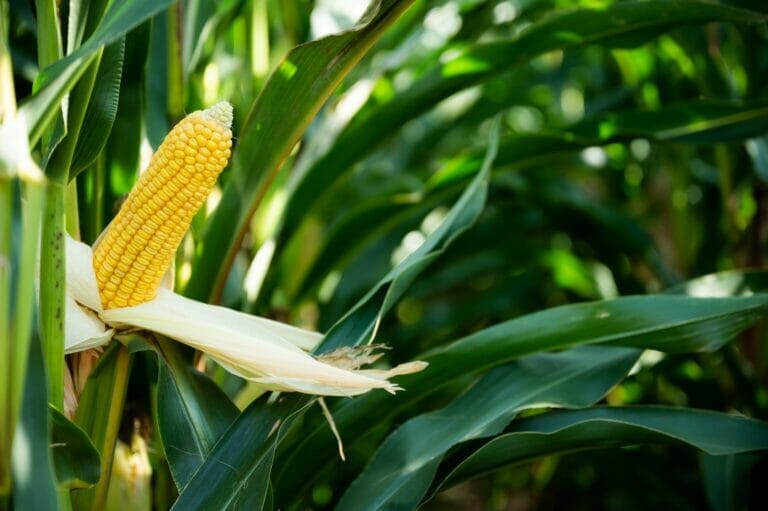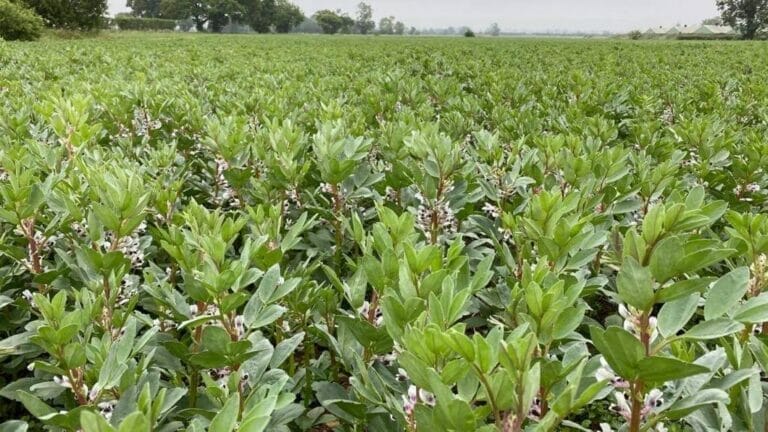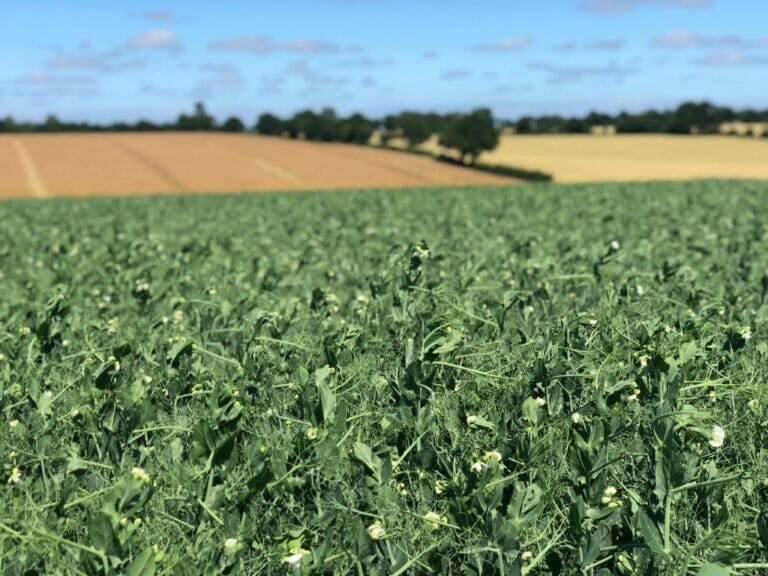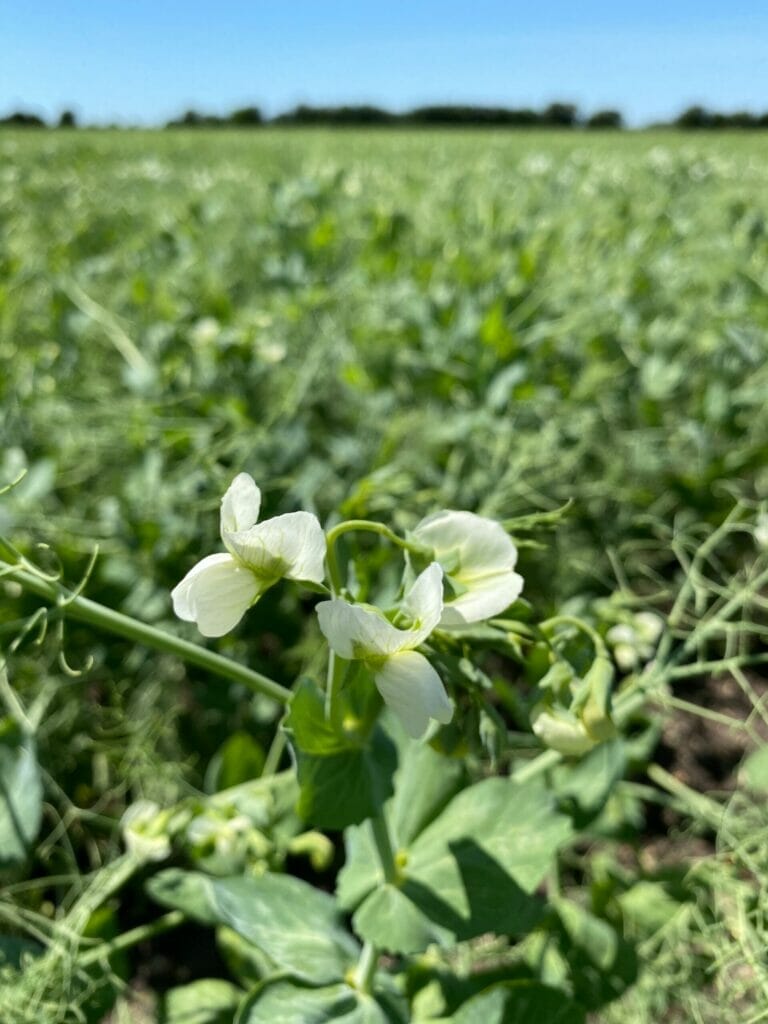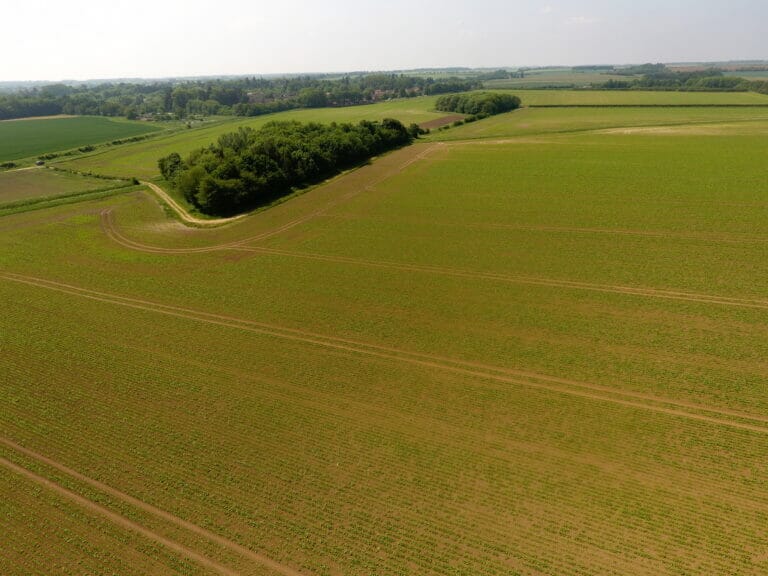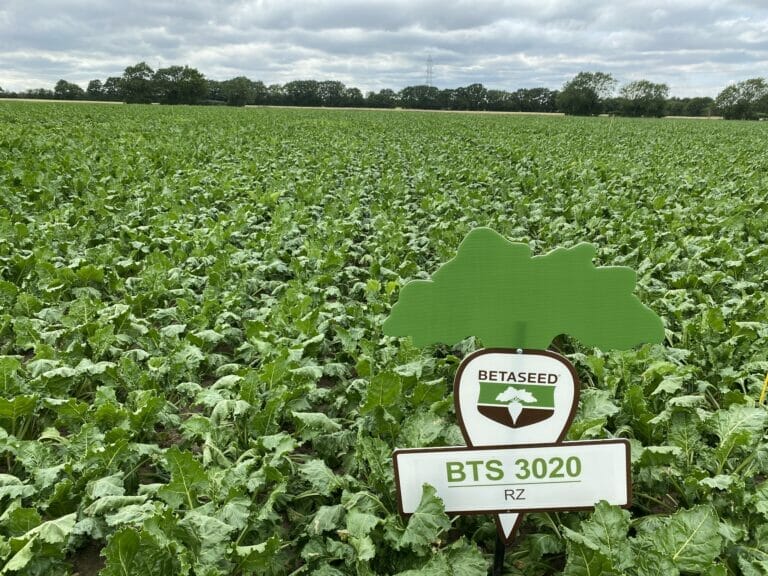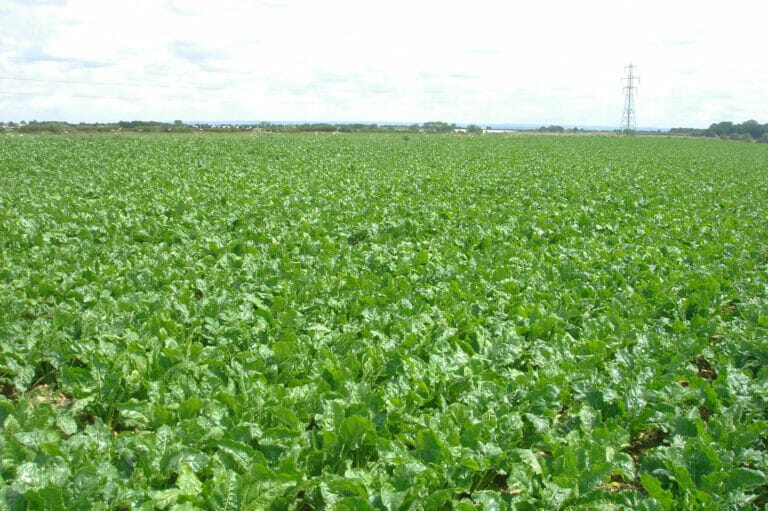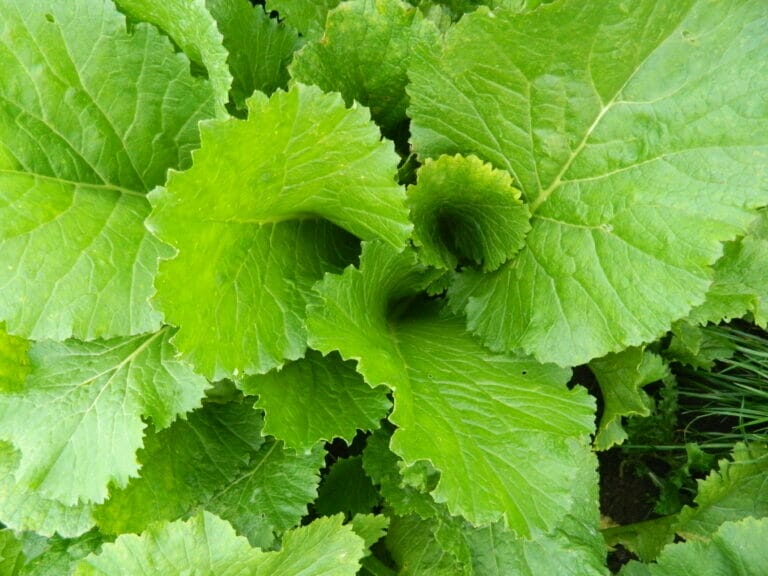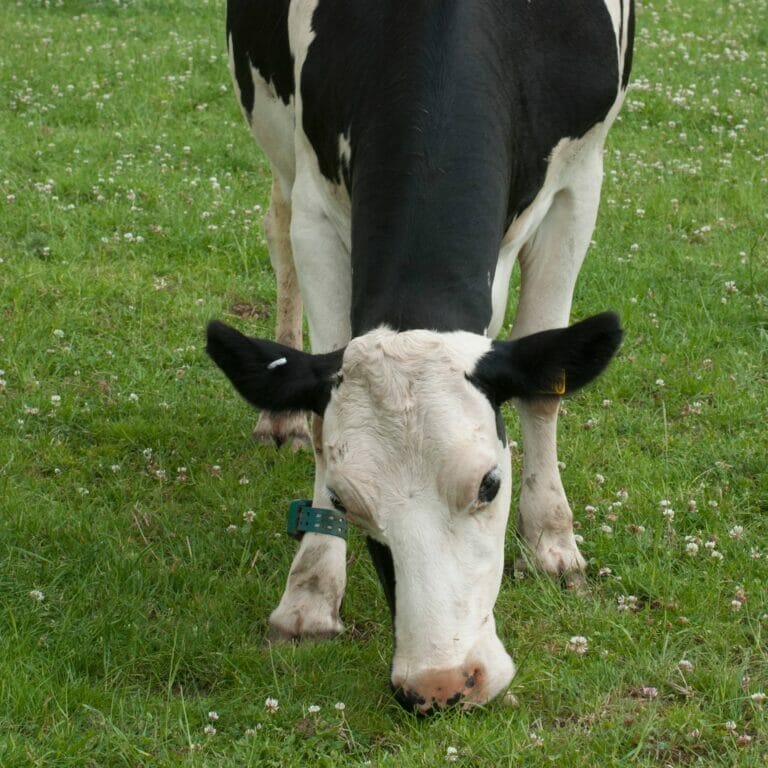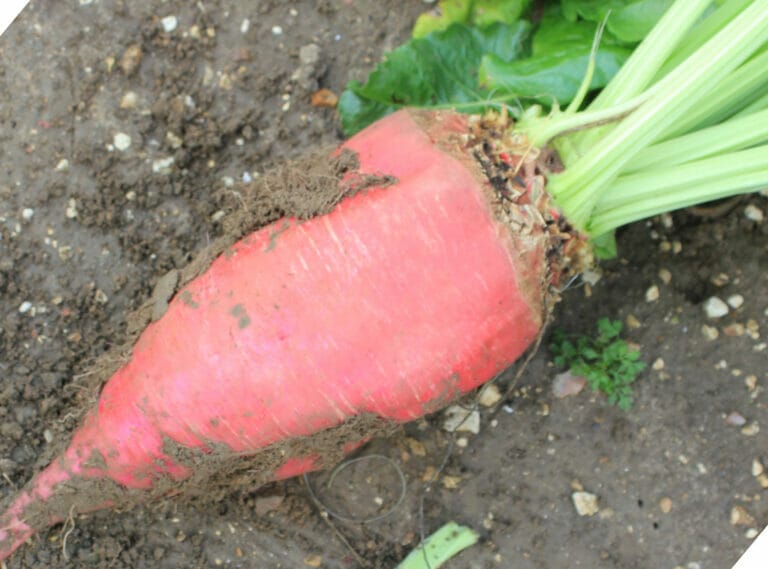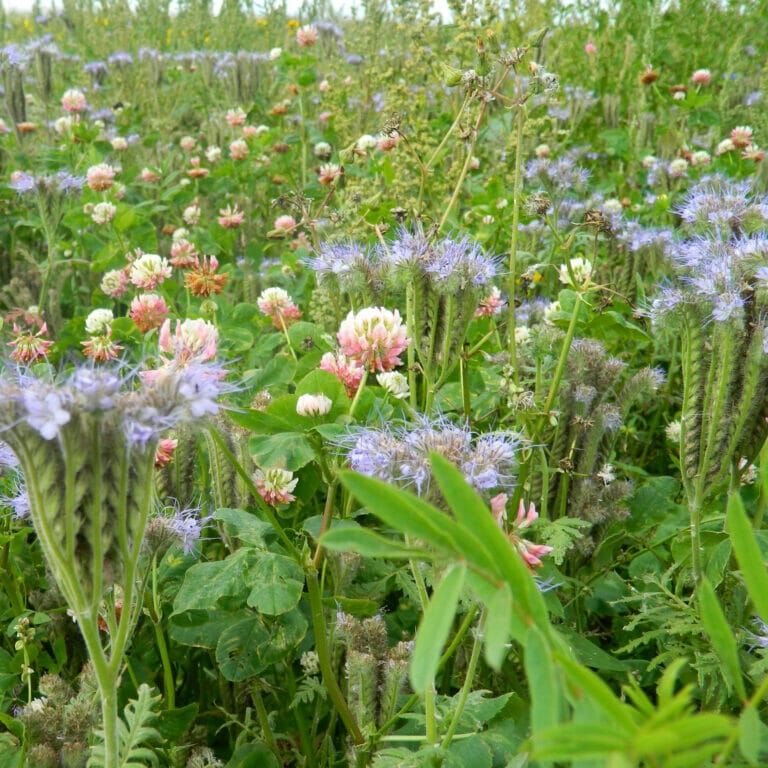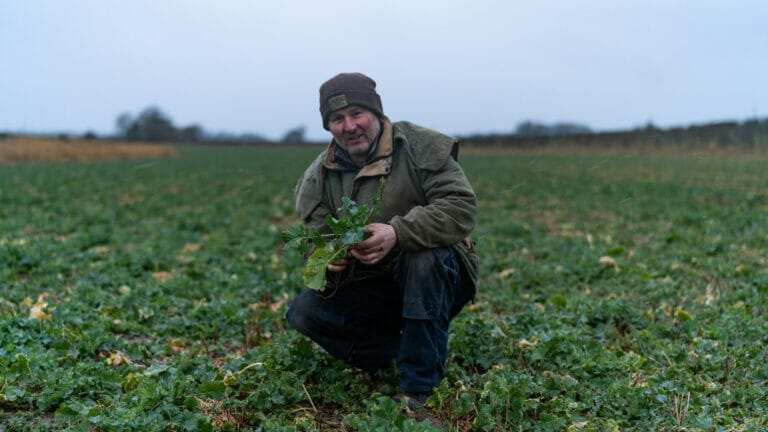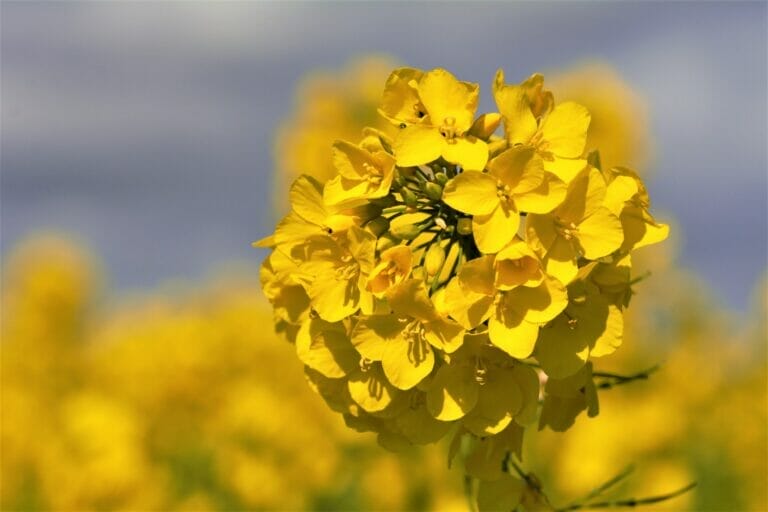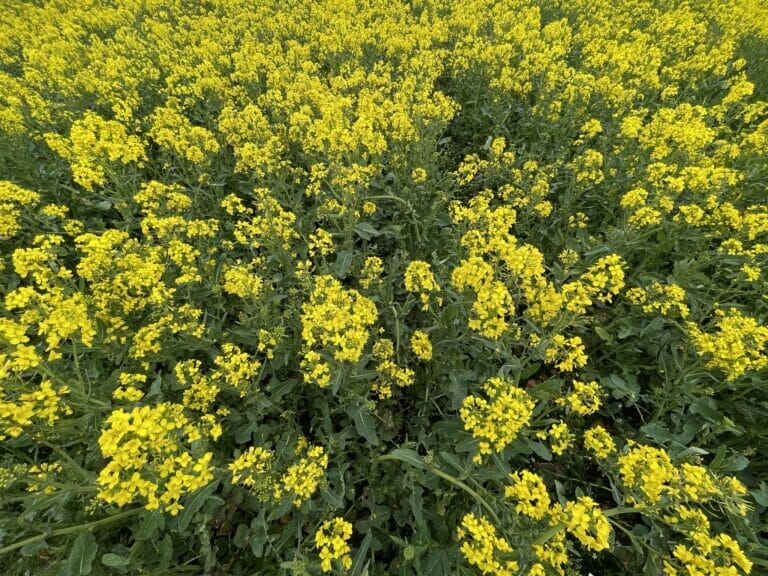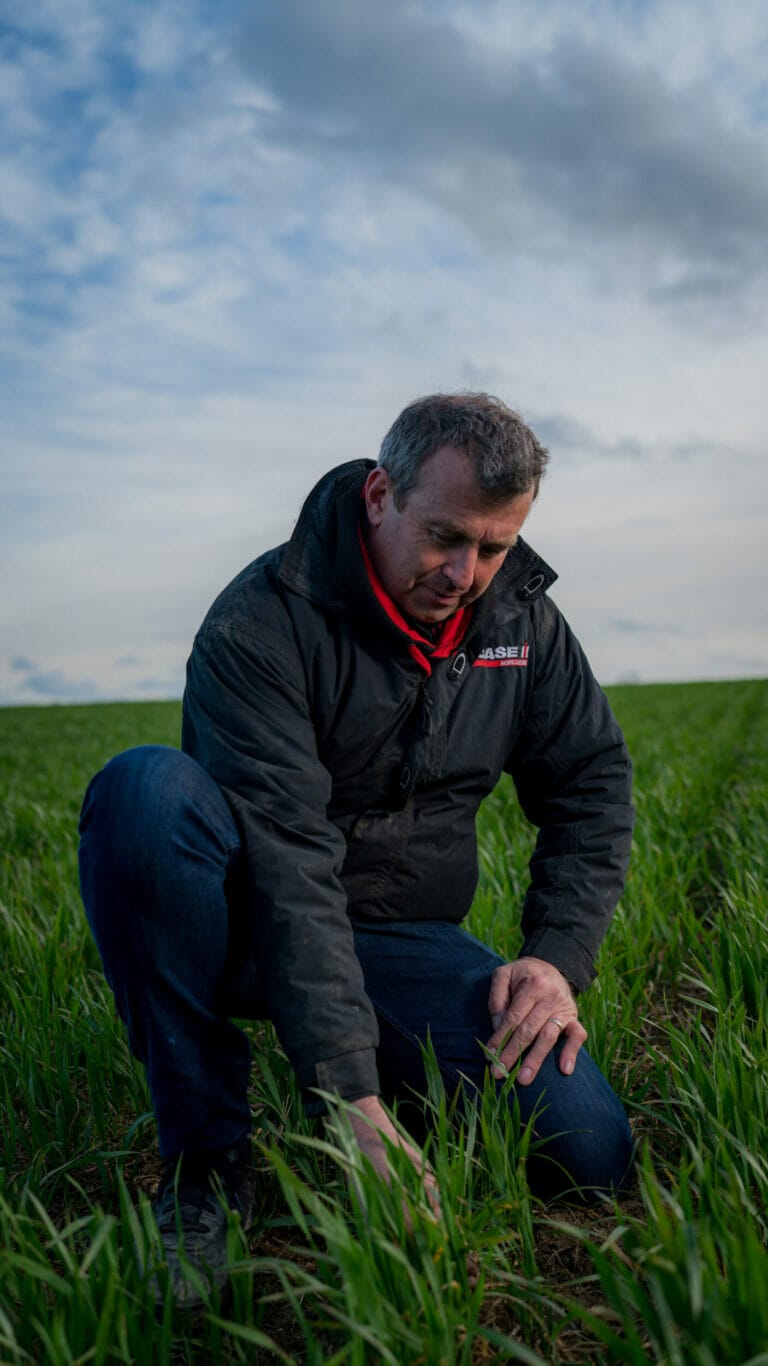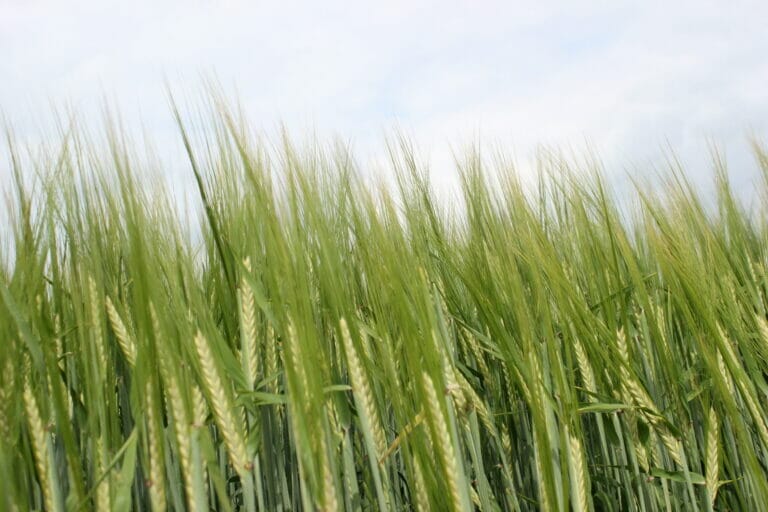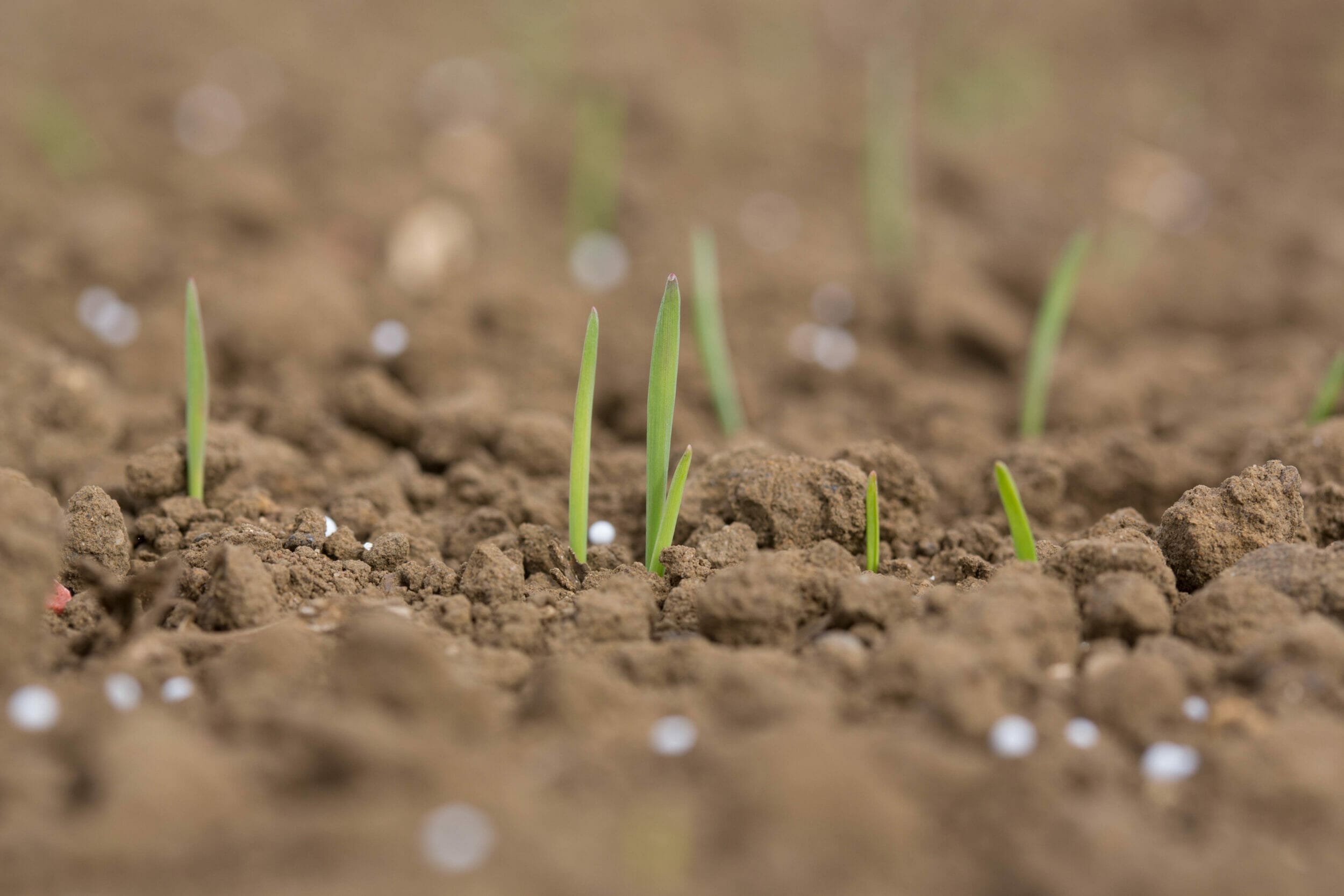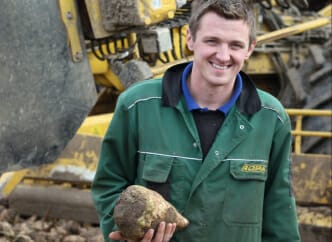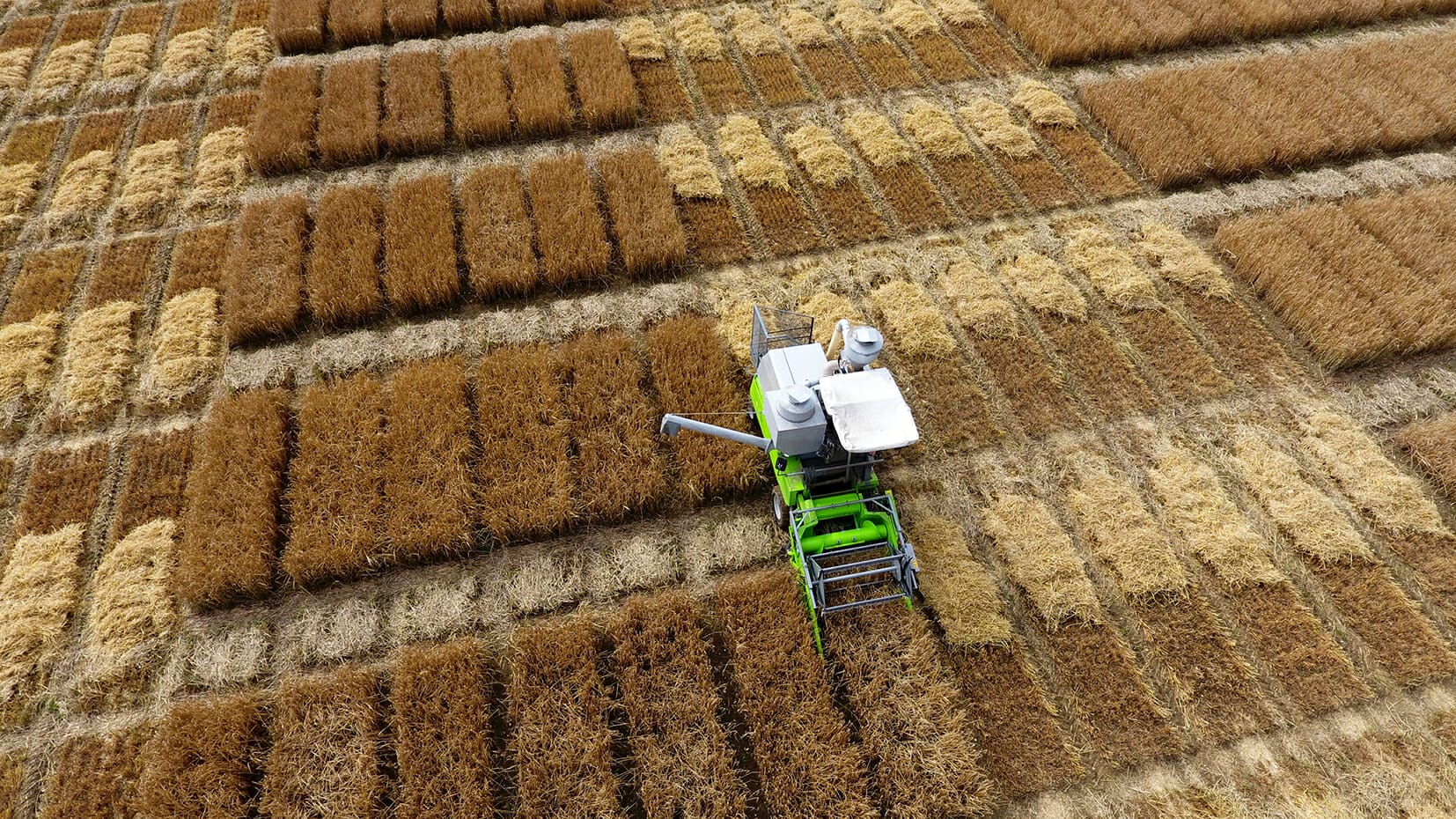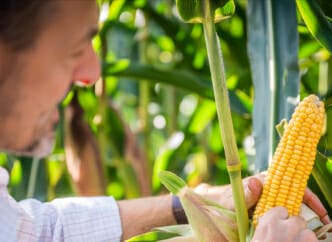Bred in New Zealand and used widely by its cattle and sheep producers, Tuatara has established a reputation as a high yielding and high feed quality forage.
Trialled by Limagrain in 2017, it out-performed the control variety Tonic, in fresh and dry matter yields.
Seven cuts were taken from the plots at Limagrain’s trial site in Lincolnshire, between April and September. Tuatara produced fresh yields of 91.4 tonnes/ ha and an average dry matter yield of 12.76 tonnes/ha, compared to a fresh yield of 72 tonnes/ha and a dry matter yield of 10.4 tonnes/ ha for the control variety Tonic.
 Dry matter contents were 14% and 14.4% respectively. “Tuatara is a variety especially well-suited to drier conditions, and this was reflected in the trial results in 2017,” says Limagrain UK’s grass seed manager Ian Misselbrook. “We found that yields of Tuatara were up to three times greater than those for Tonic in May and June. Although yields of Tonic were around 20% higher later in the season, yields overall for Tuatara were higher.”
Dry matter contents were 14% and 14.4% respectively. “Tuatara is a variety especially well-suited to drier conditions, and this was reflected in the trial results in 2017,” says Limagrain UK’s grass seed manager Ian Misselbrook. “We found that yields of Tuatara were up to three times greater than those for Tonic in May and June. Although yields of Tonic were around 20% higher later in the season, yields overall for Tuatara were higher.”
Tuatara is included in Limagrain’s multi-species mixtures, to help to boost yields in mid-summer when the growth of other species slows down. It is also available to growers wishing to add it to a grass seed mixture or for those growing a single crop of plantain; a successful practice carried out by many farmers in New Zealand.
Forage plantain has fibrous roots so it can withstand drought and grow well when grass growth has slowed down in mid-summer, when rainfall is generally lower. “Tuatara appears to be especially suited to this situation and it will be very beneficial to include in grass sward mixtures,” adds Mr Misselbrook.
Plantain is easy to grow, but a free draining soil is preferable. A firm, fine and weed free seed bed is required and it is best sown into warm soils above 10 degrees celcius. Sowing is best through spring and up to July, and at a depth no greater than 10mm. It is an excellent source of key minerals required for livestock such as calcium, sodium, copper and selenium.
Intakes and yields of milk solids have been shown to be higher in dairy cattle grazing swards that included plantain, compared to ryegrass-only swards. Likewise, plantain-rich swards have been shown to support higher stocking rates and liveweight gains in lambs.
For more information click here

